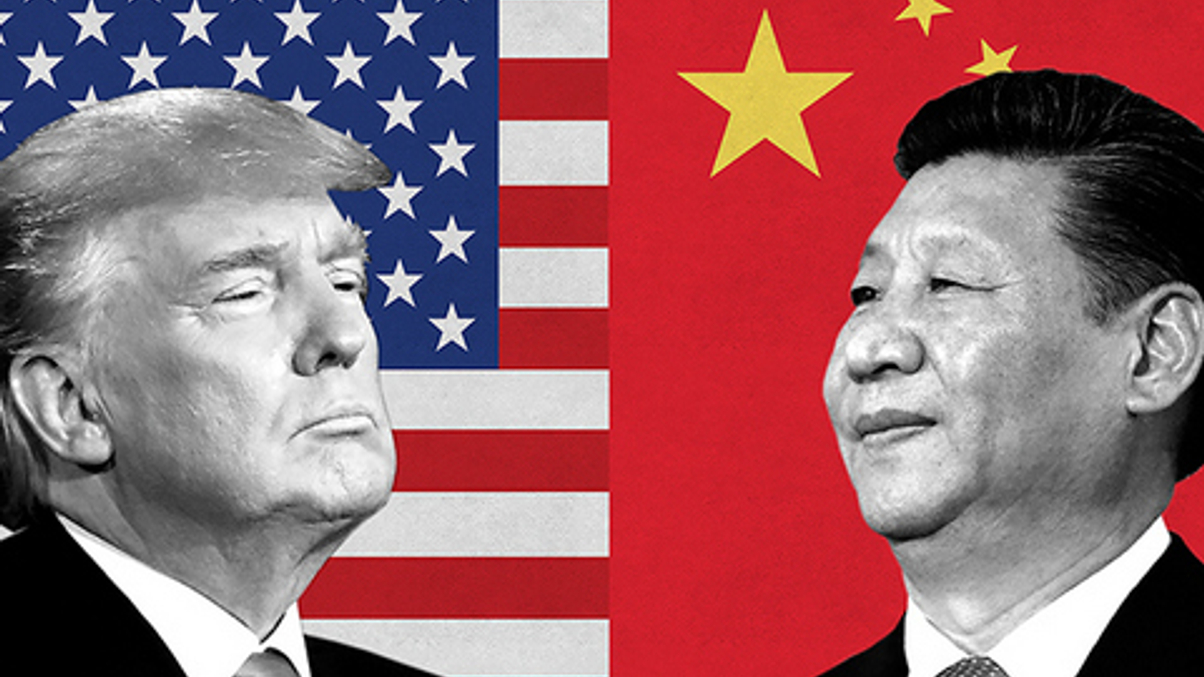Investors keeping Trump-Xi G20 hopes in check
Despite the market's improved mood music, investment experts have reined in their expectations for this weekend's Osaka summit and remain wary of the economic downside.

Monday’s chat between US and Chinese trade negotiators is once again fanning hopes of a favourable outcome to a meeting between Presidents Donald Trump and Xi Jinping at the G20 summit in Osaka, Japan, this weekend.
Sign in to read on!
Registered users get 2 free articles in 30 days.
Subscribers have full unlimited access to AsianInvestor
Not signed up? New users get 2 free articles per month, plus a 7-day unlimited free trial.
¬ Haymarket Media Limited. All rights reserved.


